Considering it is at the centre of one of biggest storms to hit the UK food and drink industry for years, Unilever was giving little away about its strategy to drive up prices in the UK today.
Chief financial officer Graeme Pitkethly would only say, when speaking to analysts at the Q3 results call this morning, that the proposed hike had “landed with most of our customers” and he was confident that the situation would be “resolved quickly” with the rest.
The Unilever boss was clearly not too keen to discuss that foremost among those with whom it had not was Tesco – not only the UK’s biggest retailer but led, in a marvellous slice of irony, by none other than his company’s former UK chief Dave Lewis.
Add to that list, judging by the conversations The Grocer has been having in the past 24 hours with other UK supermarkets, and it is clear even the UK’s biggest supplier has a massive fight on its hands in what has become a ‘who blinks first’ game of Russian Roulette.
While it was always unlikely that Unilever would spill too many beans on what has gone on behind the scenes, what is crystal clear is that this conflict has become the ultimate test case in a battle between suppliers and retailers. This is the aftermath of a Brexit vote that looks set to have huge repercussions for UK consumers, whoever ends up on the winning side.
In other words, whether it likes it or not, Unilever is effectively making a stand on behalf of thousands of suppliers for price increases in what threatens to be a brutally tough few months of negotiations.
As an FDF poll demonstrated yesterday, 75% of companies – and these are just the ones who spoke out – have been hit by the impact on commodity costs of the falling pound since the EU referendum.
Those suppliers, most of whom could only dream of the negotiating powers of Unilever, which has super brands like Marmite, Hellmann’s, Magnum, Ben & Jerry’s, Dove, Lynx and Persil (to name but a few), will no doubt be willing it on. They are desperate to get through price rises that many argue should have been brought in years ago – even before Brexit reared its ugly head.
Yet there has to be some sympathy with the argument being posed by Tesco and the other retailers around the negotiating table. Not only are they in the midst of a cut-throat battle for survival with the discounters, but if it is true that Unilever demanded a 10% across the board rise in prices, across its entire portfolio, it does seem a very blunt way to go about things, especially in the post-Reset era.
Tesco has already shown that it is not afraid of jettisoning big brand names from its line-up – just ask Carlsberg – as it slims down its range and ups its reliance on own-label alternatives.
Whether that extends to Tesco being willing to lose names like Marmite for more than a few days or weeks is highly doubtful. Unilever is in the enviable position of boasting brands with such huge sales and loyal customer bases that surely even Tesco will not be able to play hardball for long. Yet the result of this fascinating standoff could well be much more muddied than a clear victory for one side or the other.
The supermarkets will quite rightly be going through the individual arguments for a price increase almost on a SKU by SKU basis, rather than caving in to sweeping double-digit hikes any time soon.
That leaves the situation for other suppliers on a knife edge, in which they could both benefit from Unilever’s brave stance, but also learn a chastening lesson.








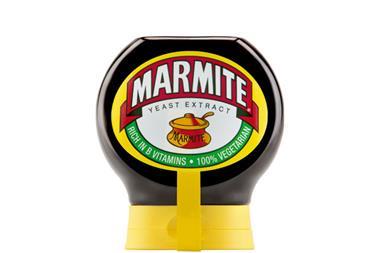
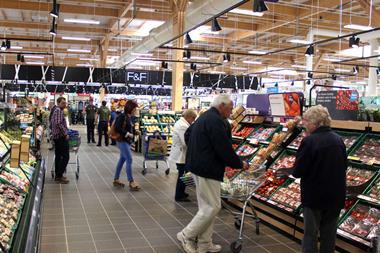
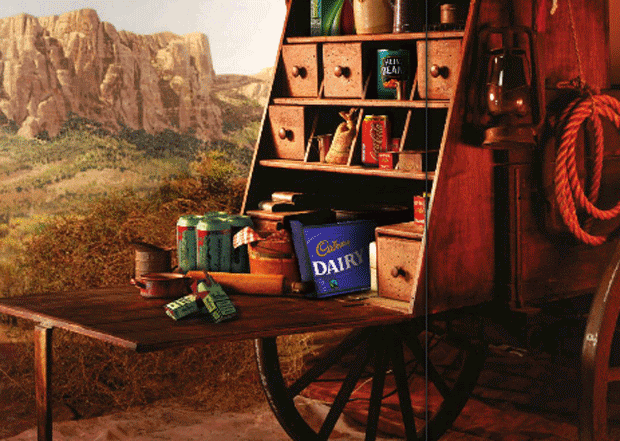
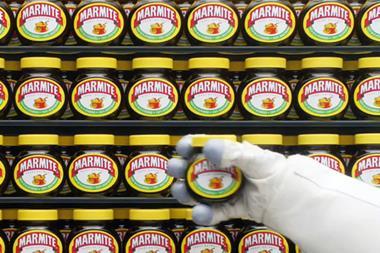
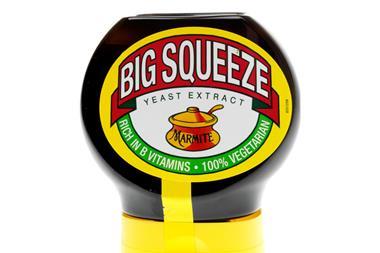
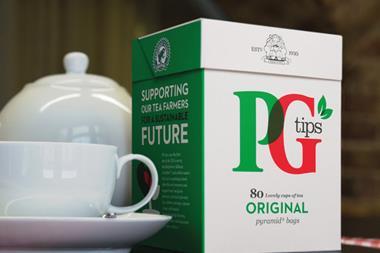






No comments yet